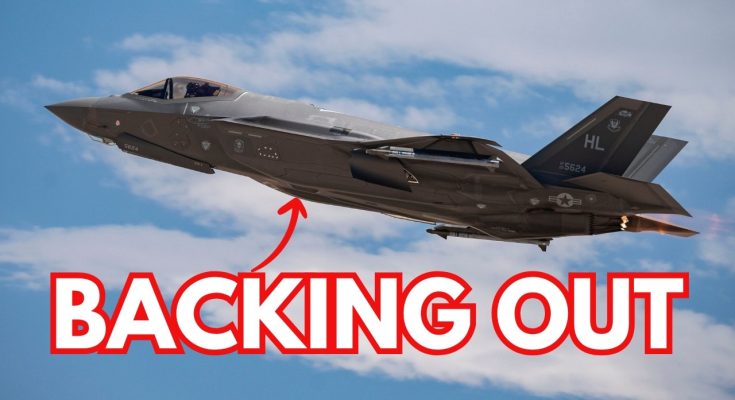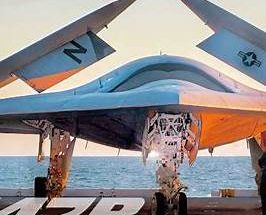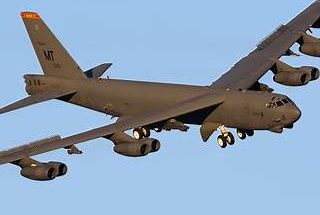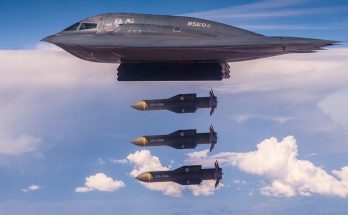F-35 Buyers Losing Faith – Canada and Portugal Cite U.S. Foreign Policy Concerns
The F-35 Lightning II was supposed to be the fighter jet that secured U.S. dominance in the skies and strengthened its alliances through NATO and beyond. However, cracks are forming in the program as Canada and Portugal—two key U.S. allies—are questioning their commitment to the aircraft, citing concerns over cost, U.S. foreign policy influence, and operational restrictions.
With multiple countries rethinking their F-35 purchases, does this signal a wider loss of faith in America’s military-industrial complex?
Canada’s Growing Skepticism Toward the F-35
Canada was an early partner in the F-35 program, investing in its development since the 1990s. However, for over a decade, Canada has been hesitant to fully commit due to a combination of factors:
🔹 Political Controversy – Successive Canadian governments have debated and delayed F-35 purchases, questioning its affordability and necessity.
🔹 Soaring Costs – While Canada officially committed to buying 88 F-35s in 2022, concerns remain over the long-term maintenance costs, which are significantly higher than fourth-generation fighters like the F/A-18 Super Hornet.
🔹 U.S. Control Over Operations – Canada is worried about U.S. restrictions on F-35 software, weapons integration, and data access. There is speculation that Washington could limit capabilities based on political disagreements.
🔹 Foreign Policy Conflicts – Canada prefers to maintain an independent foreign policy. However, the F-35’s reliance on U.S. networks and logistics could give Washington leverage over Canadian military decisions.
Despite moving forward with the deal, many Canadian defense analysts argue that Ottawa was pressured into the purchase, fearing that rejecting the F-35 could harm U.S.-Canada relations.
Portugal’s Surprising Rejection of the F-35
Portugal, another NATO member, made headlines when it chose not to purchase the F-35, instead opting to modernize its fleet of F-16s or acquire a less expensive alternative like the Gripen or Eurofighter Typhoon.
Why did Portugal walk away from the F-35?
🔹 Financial Concerns – Portugal’s defense budget cannot sustain the high costs of acquiring and maintaining an F-35 fleet.
🔹 Operational Independence – Like Canada, Portugal is wary of the U.S. having too much control over its fighter jets through software locks and remote access.
🔹 No Immediate Need for Stealth – Portugal’s primary military focus is regional air policing and NATO air defense, missions that do not require the F-35’s advanced stealth capabilities.
Portugal’s decision to reject the F-35 deal raises concerns about whether other smaller NATO nations might follow suit, opting for more affordable and independent solutions.
The Bigger Picture: Is U.S. Foreign Policy Hurting F-35 Sales?
The F-35 is no longer just a fighter jet—it has become a symbol of U.S. influence and military control over allies.
✅ Geopolitical Leverage – The U.S. has used the F-35 to punish or pressure allies, as seen with Turkey’s removal from the program after it purchased Russian S-400 systems.
✅ Software & Access Restrictions – Countries worry that Washington could disable, downgrade, or limit their F-35s remotely if political tensions arise.
✅ High Costs vs. European Alternatives – More nations are considering homegrown fighter programs like the Eurofighter, Rafale, and FCAS, reducing reliance on U.S. technology.
As countries like Canada and Portugal question their F-35 deals, it raises the possibility that the U.S. may be overplaying its hand in military diplomacy.



